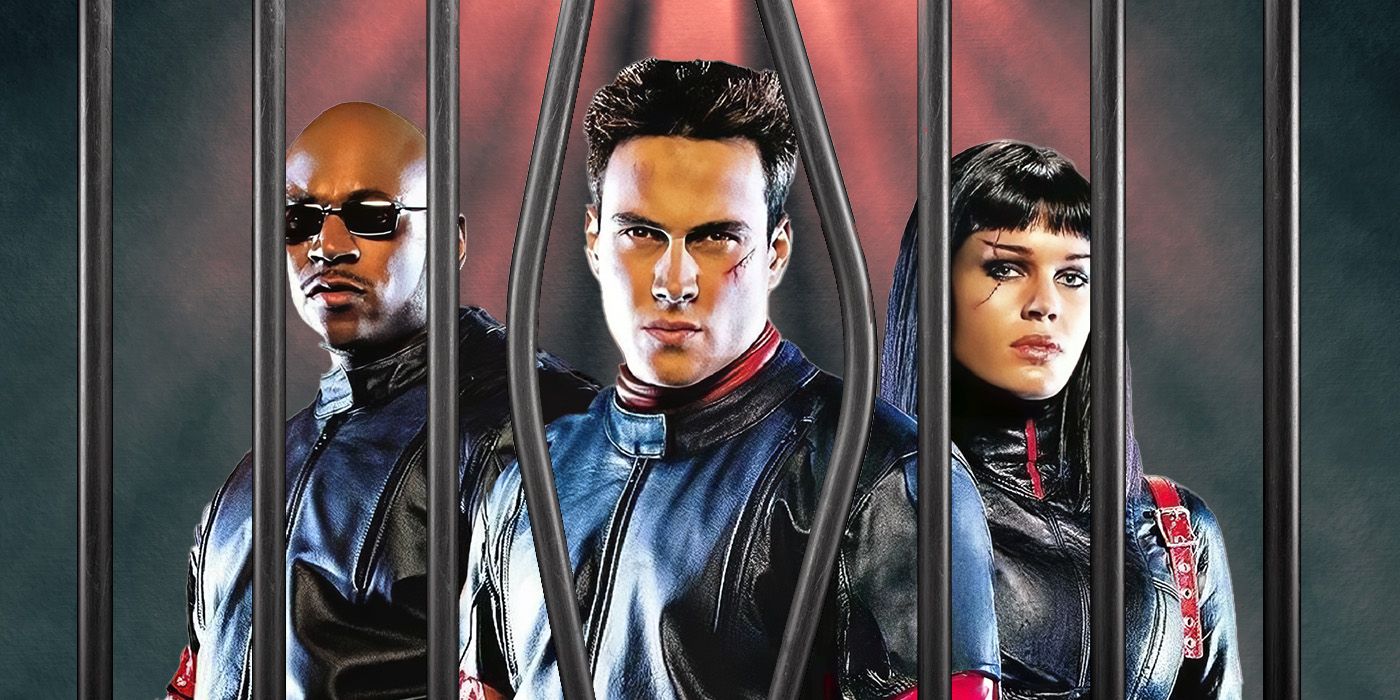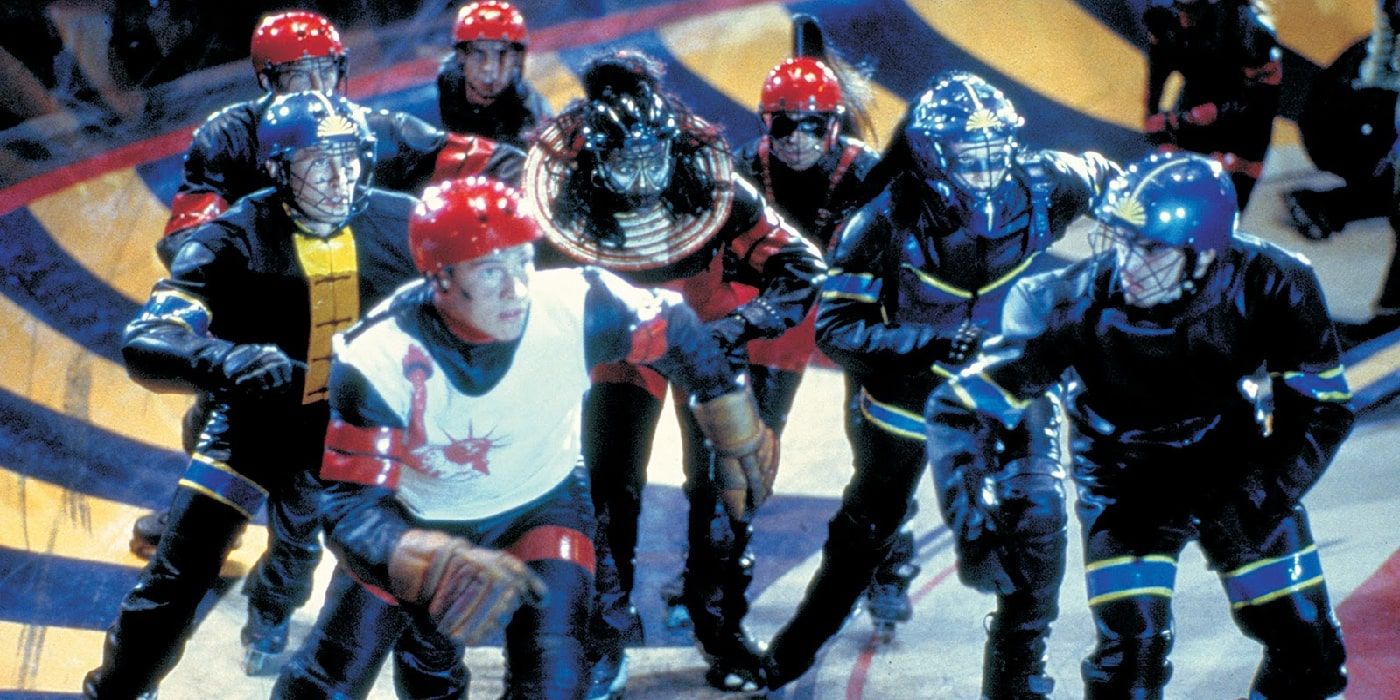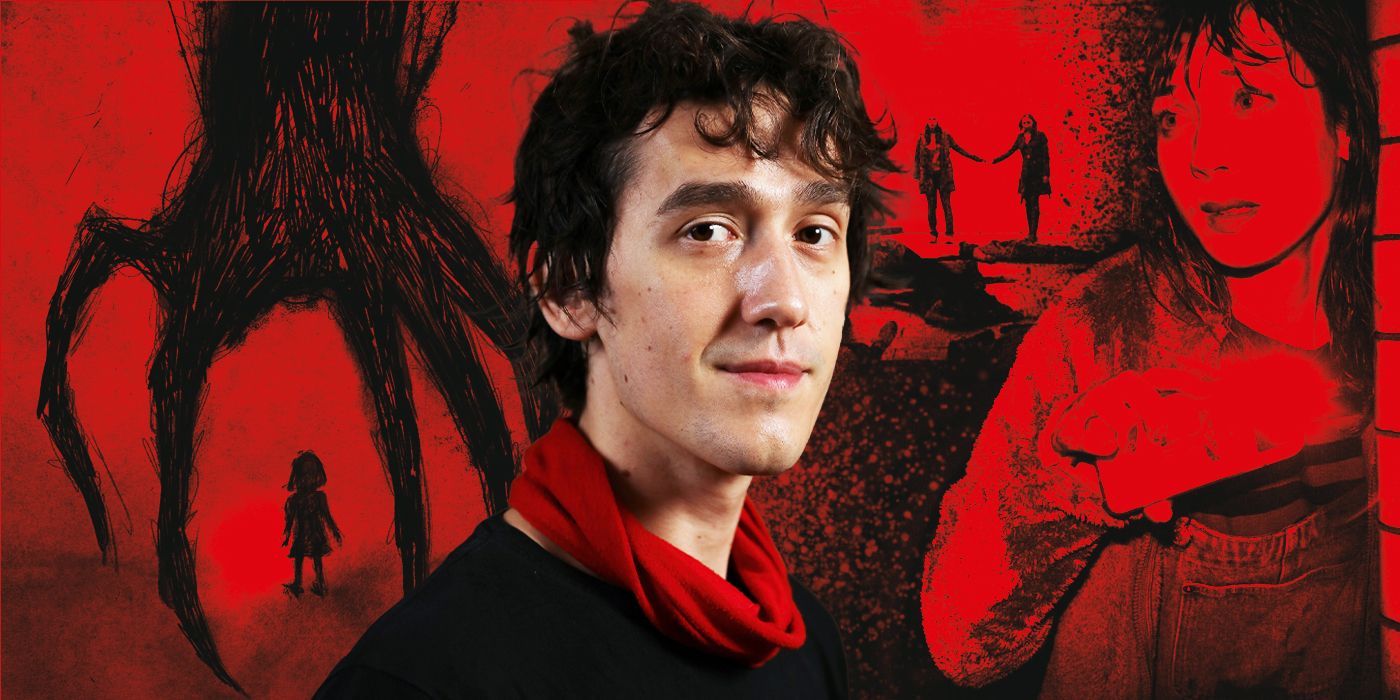The Big Picture
- John McTiernan’s film,
Rollerball
, failed due to a contentious production process. - Disputes with producer, Charles Roven, led to McTiernan wiretapping and perjuring.
- McTiernan’s career downturn after
Rollerball
underscores the consequences of working against the system.
The term, “movie jail,” refers to the notion that a filmmaker whiffs it so hard that they are, in essence, locked away by the studio where they will either have to relinquish all creative control to make a film, or not make one at all until the bad taste of their last movie has left the cultural zeitgeist. In the history of Hollywood movies gone awry, many filmmakers have done their time in movie jail, but what if the movie was so bad that the director went to federal prison?
The film is Rollerball, a 2002 remake of the 1975 movie of the same name. John McTiernan, the action movie legend behind Die Hard, Predator, and The Hunt for Red October, embarked on what was strangely his second remake of a Norman Jewison film. McTiernan previously made The Thomas Crown Affair, based on Jewison’s 1968 film starring Steve McQueen and Faye Dunaway, before turning his eyes to the dystopian sports movie which Jewison made with James Caan.
Rollerball follows a team made up of Chris Klein, LL Cool J, and Rebecca Romijn playing a futuristic sport which is like roller derby, except with motorcycles and spiked boxing gloves. The brutal sport is thrilling, fast-paced, and a global sensation. The film, unfortunately, is none of these things. Rollerball was released to poor box office and even worse critical reception, and while McTiernan did end up making one more movie in 2003, the fallout of the Rollerball production would result in a lengthy legal battle which severed many of McTiernan’s Hollywood relationships and eventually landed him in a year-long prison sentence. No, he was not charged with making a bad movie, but the winding story of how Rollerball led to a criminal conviction remains the most interesting piece of this film’s legacy.
Rollerball
The big thing in 2005 is a violent sport which can have some pretty serious consequences… like dying.
- Release Date
- February 8, 2002
- Runtime
- 98 Minutes
- Writers
- William Harrison , Larry Ferguson , John Pogue
- Tagline
- Get in the game
The ‘Rollerball’ Remake Abandoned Everything That Made the Original Film Interesting
The trouble with this remake began early on into production. Rumors circulated (that were later supported by controversial former film critic, Harry Knowles,’ firsthand report) that the remake’s original screenplay expanded on the thematic ideas of the original film while also balancing a fair share of action and good character moments. The script was reportedly tossed out by McTiernan, who wanted to cut out the dystopian social commentary and make it a leaner, more straightforward action film. The original Rollerball follows a star player being exploited and abused by the all-powerful corporate owners of the team, who exert their control over the sport to the point that players will be killed if they go against business interests. The film is solid, but not particularly novel or in-depth as a piece of commentary with regard to the way it handles this narrative, so there was definitely room to expand it into something a little more socio-politically urgent. The essence of many great works of science-fiction is that they act as mirrors through which aspects of contemporary life are reflected in exciting, visionary new settings.
This was not a priority for McTiernan, who opted instead to focus on a more mindless approach. Rollerball, per McTiernan’s vision, would be a flashy, violent, sexy thriller. The initial test screenings of his cut—with a revised screenplay that ditched everything people were raving about in the original edition—went over terribly. This put the studio on high alert, trying to figure out how they would save the film. MGM rangled for control over the movie, recut it to PG-13, tossing out most of the violence and nudity, and re-shot the entire ending. Some of their feedback included questionable things, such as the film being “too Asian” or the musical score being “too Arabic,” an unfortunate sign of the casual xenophobia that would result in changes which otherwise feel completely arbitrary, a theme that applies throughout all of Hollywood’s history.
So, Rollerball went from an apparently great script, to a trashy director’s cut, to an incomprehensible and deeply unenteraining studio cut that finally saw the light of day in 2002, earning about $25 million worldwide on a $70 million budget. The film was labored and fought over to disastrous results, but the most fascinating aspect of this film’s production arose from a conflict between McTiernan and producer, Charles Roven.
How Did John McTiernan’s Dispute With a ‘Rollerball’ Producer Lead to Time in Prison?
During the back-and-forth over what kind of movie Rollerball was going to be, McTiernan became convinced that Roven was making an effort to sabotage his vision. McTiernan turned to Anthony Pellicano, an infamous Hollywood “fixer” who seemed to cause more problems than he fixed (and was arrested at one point after an FBI raid turned up countless guns and explosives in his office), to wiretap Roven. Per the final opinion from the Court, McTiernan hoped that he would discover dirt on Roven, especially him speaking negatively about studio executives.
Per the Court’s opinion, when Roven caught wind of the scheme and retained an attorney to investigate, McTiernan repeatedly misled or outright lied to authorities during various investigations, depositions, and hearings. The repeated behavior shaped McTiernan into someone that the Court deemed unwilling to take this matter seriously, and after multiple appeals and extensions over a period of seven years, the director was sentenced to one year in a federal prison. McTiernan served most of the sentence in a facility before being granted house-arrest for the final month.

10 Old-School Sci-Fi Movies That Are Now Technically Set in the Past
“We’re from the future… the magnificent, far-off year of 2002!”
The Real Impact of John McTiernan’s Prison Sentence
While McTiernan’s prison stay was not terribly lengthy, the whole situation—which extended over nearly a decade of time and painted him as a particularly difficult figure to work with—seems to have impacted his reputation in Hollywood quite a bit. McTiernan has not made a film since Basic in 2003, and he filed for bankruptcy in 2014, shortly after the end of his sentence. Despite planning a comeback, it seems there has not been much interest in letting him direct again. A career that was once legendary, with an iconic run of movies in the 1980s, fizzled out into criminal conspiracy and obscurity. Roven may have gotten the last laugh, as he recently accepted an Academy Award for Best Picture for his work as a producer on Christopher Nolan‘s Oppenheimer.
McTiernan had an unfortunate fall from grace, intertwined with a chaotic figure in Pellicano, whose life would frankly make an incredibly bizarre tale if ever adapted into a film itself. The Rollerball production remains a fascinating story of out-of-hand conflicts that can arise from film production, and a lesson in why it’s not a good idea to perjure yourself. However, McTiernan can rest soundly knowing that his legacy as a top-tier action filmmaker remains intact on the strength of his earlier works.
Rollerball is available to stream on Tubi in the U.S.
Watch on Tubi





